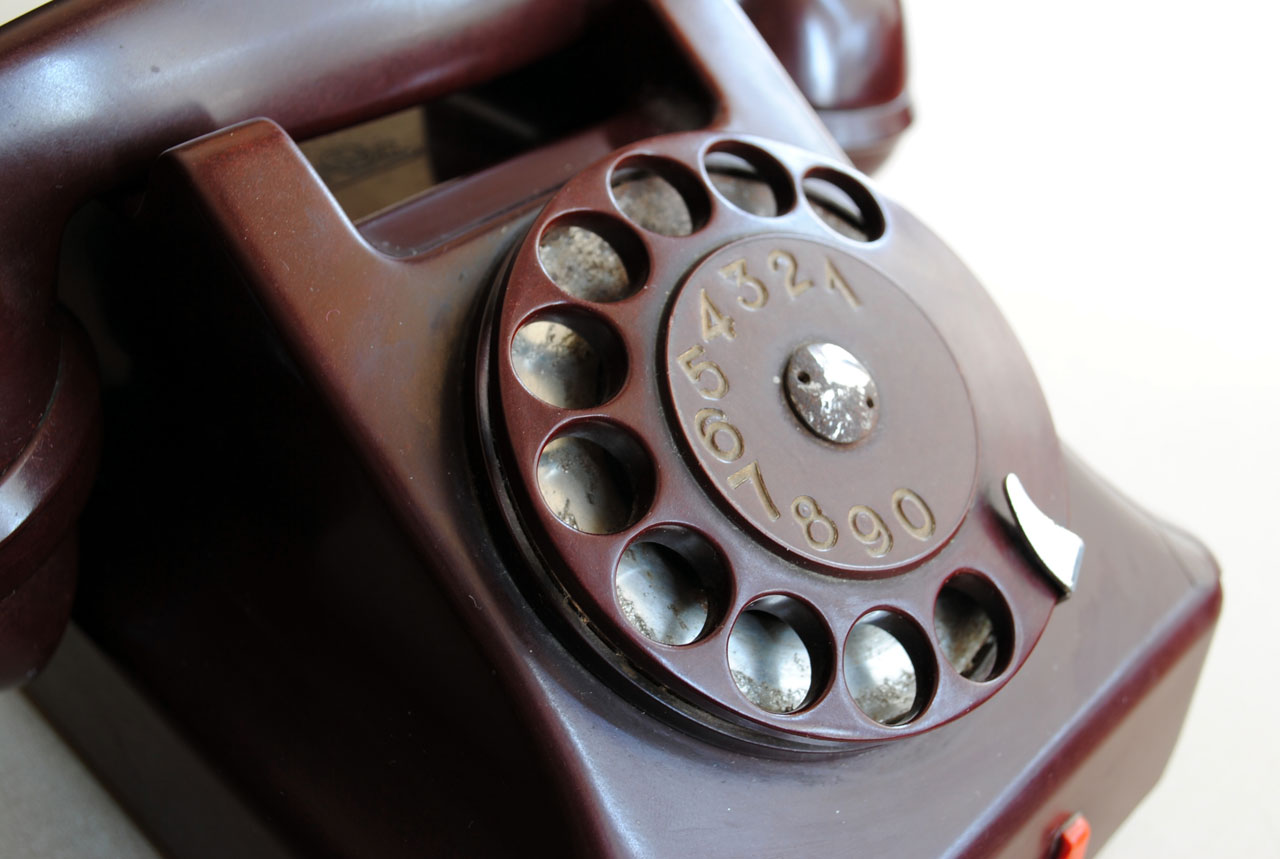This review is being led by the Evidence Synthesis Team.
Why did we do this review?
There are many reasons why it might be better to provide routine follow-up are after surgery by telephone rather than by a face-to-face appointment in the outpatient department. Hospital appointments can be time-consuming and inconvenient and may not be necessary if the patient is recovering as planned. Reducing the number of people who need to attend an outpatient appointment would also allow clinic time to be occupied by people with more severe or complex conditions. Replacement of face-to-face consultations with those made by telephone has become routine practice in some specialties, in particular where the expectation is that the patient will be discharged from specialist care following the surgical procedure. The aim of this project was to find out which method of follow-up works best and provides the best value for money. We were also interested in any problems that occurred as a result of telephone follow-up.
How did we do this review?
The research was a systematic review. This brings together all existing research on a particular question. To find studies that might help us to answer the question we searched the relevant academic literature.
We found four studies from the UK and US. Two looked at follow-up after dental surgery, one after cataract surgery and one after nasal septal surgery. There were methodological issues with all the studies making it difficult to interpret the findings.
What did we find?

-
We were only able to find four studies that attempted to answer our research questions. All of them were small.
-
None of the studies contained good quality evidence to show whether follow-up after surgery should be carried out by telephone or face-to-face in the outpatient department.
-
There was some suggestion that people would rather receive routine follow-up care by telephone than attend an outpatients department after surgery.
-
None of the studies provided good information about whether people experienced any problems as a result of receiving post-surgery routine follow-up by telephone compared with an outpatient appointment.
Quality of the research and cautionary notes
We took considerable steps to identify studies that would help us to answer our research questions. Given the pressures on health care systems we were surprised that we were unable to find any good evidence. The studies we located were small and many of the details of how they were conducted were not reported. This means that it is difficult to generalise the results to other clinical situations.
Patient preference was measured in all of the studies, but the methods used were different. This means that we couldn’t combine the findings of all the studies to give us an overall summary. There was some suggestion that patients preferred telephone follow-up but because of the small number of people involved, we need to treat this finding with caution.
None of the studies robustly considered whether a telephone consultation was better value for money than an outpatient appointment in this situation.
What next?
A follow-up appointment after surgery may have a variety of objectives e.g. identification of complications, reassurance, advice on managing symptoms, education. Some of these will be easier to achieve via telephone than others.
Telephone consultations have been studied in only a small number of conditions and while they appear to be an innovative use of health service resources, further work is needed before we can be confident that they are as good and as safe as face-to-face appointments.
Further information
For further information, read the project paper. Read a prinatble version of this summary here.
Collaborators
- Abdul-Kareem Abdul-Rahman
- Professor Bob Freeman
